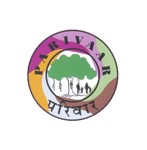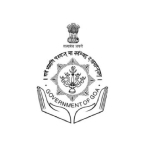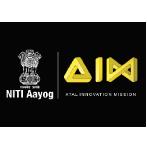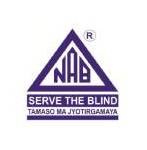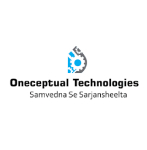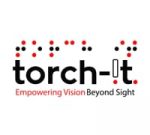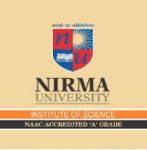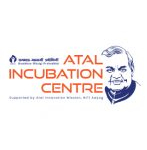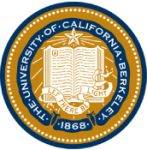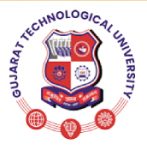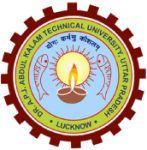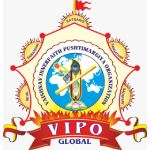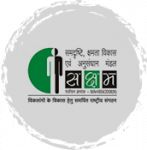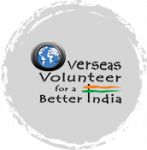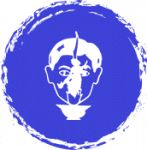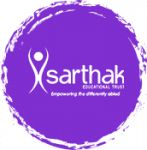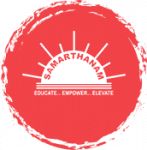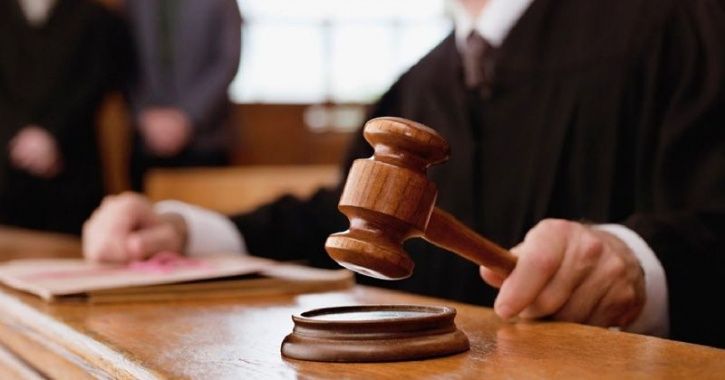
It was in late July that I confronted a truth I had never seen before. For an inexplicable reason, amidst my visit to Ahmedabad, I set out to grasp an authentic understanding of the people—shaking hands with a lifestyle I never knew. Encapsulated in my American roots was an unborn sapling of understanding that a life of privilege had kept from blossoming. Yet, within the shackles of my ignorance, I sought the veracity of human narratives. With my thoughts bleeding onto paper and a socio-cultural lens positioned at the forefront of my camera, I awaited the unforeseen.
When presented with the opportunity to visit the Blind People’s Association (BPA)—partner of Los Angeles based non-profit organization, Voice of SAP—in Ahmedabad, I gravitated towards the privilege. A professional organization which believes in providing equal opportunities to all categories of people with disabilities, the BPA thrived off of an unfathomable energy of humility and togetherness. Stepping foot on its grounds I unveiled the golden mist of naivete that clung to my sight and did what I had never done before—I saw. I saw with compassion and empathy and care. I saw students holding each other’s hands and playing tag and reading about Disneyland and singing hymns to the lord. The unborn sapling of understanding inside me bloomed with maturity. The blindness of the students gave me sight and one that powerfully resonated with the words of Mr. Bhushan Punani, Executive Director of the BPA, “[all one needs is] courage, confidence, and continuity to ignite change.” I remember walking through pitch black darkness in a blindness simulation called “Vision in the Dark” at the BPA. I was led by the hand and voice of a blind man into a liminal space, entirely unknown to my eyes. In the simplest of terms, a loss of vision puts the world in perspective. He, with no sight but a vision for change, transformed my ignorance into understanding and taught me that change is both a movement and something that can profoundly move us.
While speaking with Mr. Punani, in more depth, about his current work, he informed me that he was working on a Supreme Court case for admitting low vision students to medical colleges. The 17-year old petitioner, Purswani Ashutosh, was being denied admission into medical college, by the Medical Council of India, under the 2016 Rights of Persons with Disabilities Act. I saw Mr. Punani’s request to help collect documented evidence—international precedents for the admission of low vision students into medical colleges—for the court hearing, as a blessing. With a passion to dissect the intersection between medicine and public policy, I had not only been granted an opportunity to foster change but, after visiting the BPA, my empathy gave me reason to do so. With the court hearing to be held in two days, I along with my colleague, Shivam Saran—who at the time was in America—set aside the twelve and a half hour time difference to write the case, “IN DEFENSE OF ADMITTING LOW VISION STUDENTS TO MEDICAL COLLEGES.” The access my colleague and I had to researching documented precedents for the case was due to the fact that, namely, the United states has witnessed a significant number of successful cases of low vision students being granted admission into medical college—a testament to the inclusiveness of the U.S. legal system in providing equal rights for all individuals. This inclusiveness—at the heart of American society—is integral to procuring change, and as outlined in the paper a cornerstone to advance the advocacy of admitting low vision students into medical colleges in India. After compiling all native and international precedents, we developed a framework for how low vision students that have been granted access to higher education in medicine have flourished in clinical practice and we followed the research with a formal request for the Medical Council of India to grant this same access to medical education to its low vision students.
On August 31st, I received perhaps the greatest sense of selfless satisfaction. I sat knee-deep in my American roots, halfway around the world from where I had started, staring in disbelief at Mr. Punani’s email. It read, “You will be pleased to know that Mr. Ashutosh Purswani has been granted admission today. This is for the first time that a person with visual impairment has been granted such admission.” The meaning of those two sentences, to both me and my colleague, is inexplicable. This is the triumph of radical empathy.
Change is not reserved as a power for select individuals. It is a blessing that we are all gifted with—a future we can craft with our own hands. It is a test of our resilience and our maturity to understand the veracity of human narratives vastly different from our own. We have to be brave enough to care in order to affect change, and that—the budding blossom of empathy—is within all of us. When we close our eyes and let our vision guide our actions, we can touch another narrative and that miracle of change is like seeing the stars touch the earth— “taare zameen par.”
Link to Media News – Times of India





